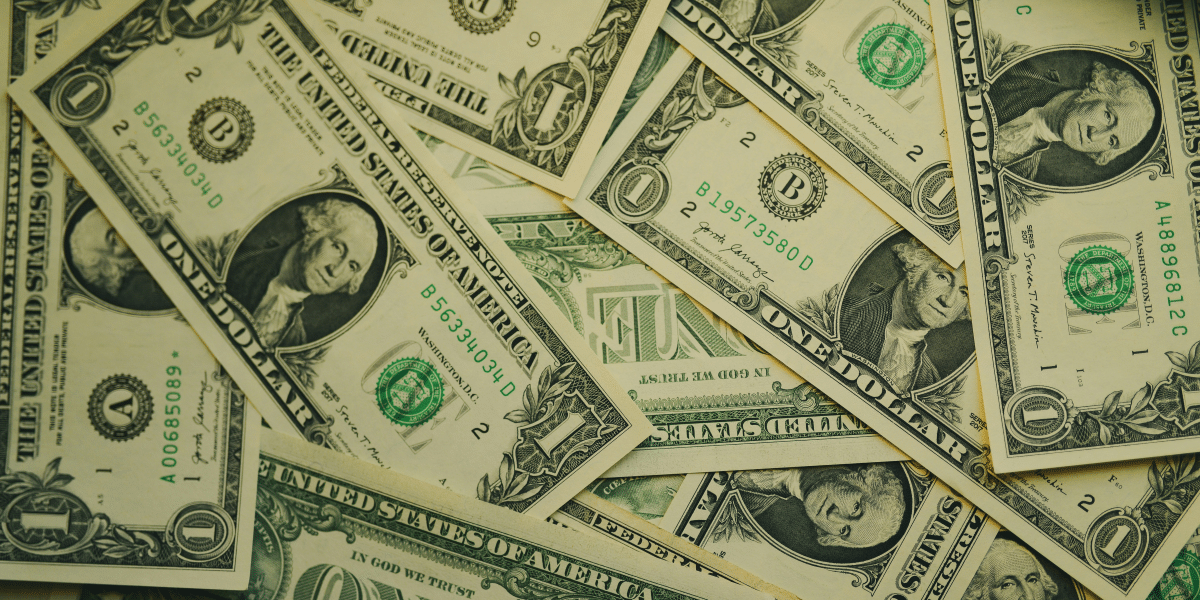By: John Glover (MBA)
The global economy is navigating through a period of heightened turbulence, sparked by a recent crash in the stock markets that has left investors and nations on edge. The sharp decline has led to concerns about the health of the U.S. economy, with fears of a potential recession looming large. This market instability has sent shockwaves across the globe, affecting economies far beyond the borders of the United States.
“The market doesn’t like uncertainty, and uncertainty equals high volatility, as we saw with the VIX spiking earlier this week,” says George Kailas, CEO of Prospero.ai.
The VIX, often referred to as the “fear index,” measures market volatility and has become a focal point for investors trying to gauge the severity of the current economic turmoil. Kailas’s observation underscores the anxiety that has gripped markets, with traders and analysts struggling to make sense of the erratic movements.
A confluence of factors is driving this global economic unease. The upcoming elections, fluctuating interest rates, signs of an economic slowdown, and instability within the tech sector are all contributing to a ripple effect that has made its way across continents. As nations brace for what could be a prolonged period of volatility, the response from different countries has varied, with some showing signs of resilience amid the chaos.
Despite the widespread uncertainty, many companies have reported better-than-expected earnings. “78% of companies have beaten earnings, yet Buffet is selling half of his position in Apple and holding record amounts of cash. He isn’t the only one; Jeff Bezos is also making similar moves,” Kailas notes.
The decisions by these high-profile investors to sell off significant portions of their holdings, while accumulating cash reserves, signal a cautious approach in the face of unpredictable market conditions. This trend highlights a broader sentiment of wariness among major investors, who are opting to hedge against potential further declines.
The stock market’s reaction to economic data has also taken a surprising turn. Historically, bad economic news often led to an increase in market optimism, as it was seen as a precursor to rate cuts by central banks.
However, the recent market crash following a disappointing jobs report suggests a shift in investor psychology.
“Up until now, bad economic news was a strong bull signal because it meant rate cuts were coming. Now that they are expected, we saw the market plummet off a bad jobs report that months ago would have likely sent it soaring,” explains Kailas.
This reversal in market behavior is adding to the uncertainty, leaving investors and policymakers alike grappling with how to navigate these uncharted waters.
For the average retail investor, this period of volatility presents a significant challenge. The temptation to react impulsively to market swings is high, but experts like Kailas advise caution.
“The average retail investor should make sure not to overreact. Stick to what they are confident in and do not be afraid to leave cash on the sidelines until a more stable market materializes,” he advises.
This strategy of patience and prudence may prove crucial as the global economy continues to adjust to the new realities of the post-crash landscape.
Looking ahead, the duration of this market turbulence remains uncertain. Kailas offers a sobering perspective: “You can’t put your finger on this market without potentially losing one. I expect this volatility to continue at least through the election.” His outlook suggests that the markets may remain in flux for the foreseeable future, with political events playing a key role in shaping the economic trajectory.
Nations with strong fiscal policies and diversified economies are better positioned to weather the storm, while others are taking proactive measures to stabilize their markets. In Europe, for example, countries like Germany and France are implementing stimulus packages aimed at bolstering their economies, while in Asia, China’s robust manufacturing sector is helping to cushion the blow from the downturn. Japan’s strategic economic policies and strong industrial base position it to potentially rebound more quickly than other nations grappling with similar issues.
As the world navigates through this period of economic uncertainty, the resilience of individual economies will be tested. The path to recovery will likely be uneven, with some countries bouncing back more quickly than others. For investors and policymakers alike, the focus will be on managing risks and seizing opportunities in a market environment that remains anything but predictable.
Disclaimer: The information in this article is for informational purposes only and does not constitute financial, investment, or legal advice. Investors should consult a qualified financial advisor before making any investment decisions. Market conditions are subject to change, and past performance is not indicative of future results.
Published by: Holy Minoza





